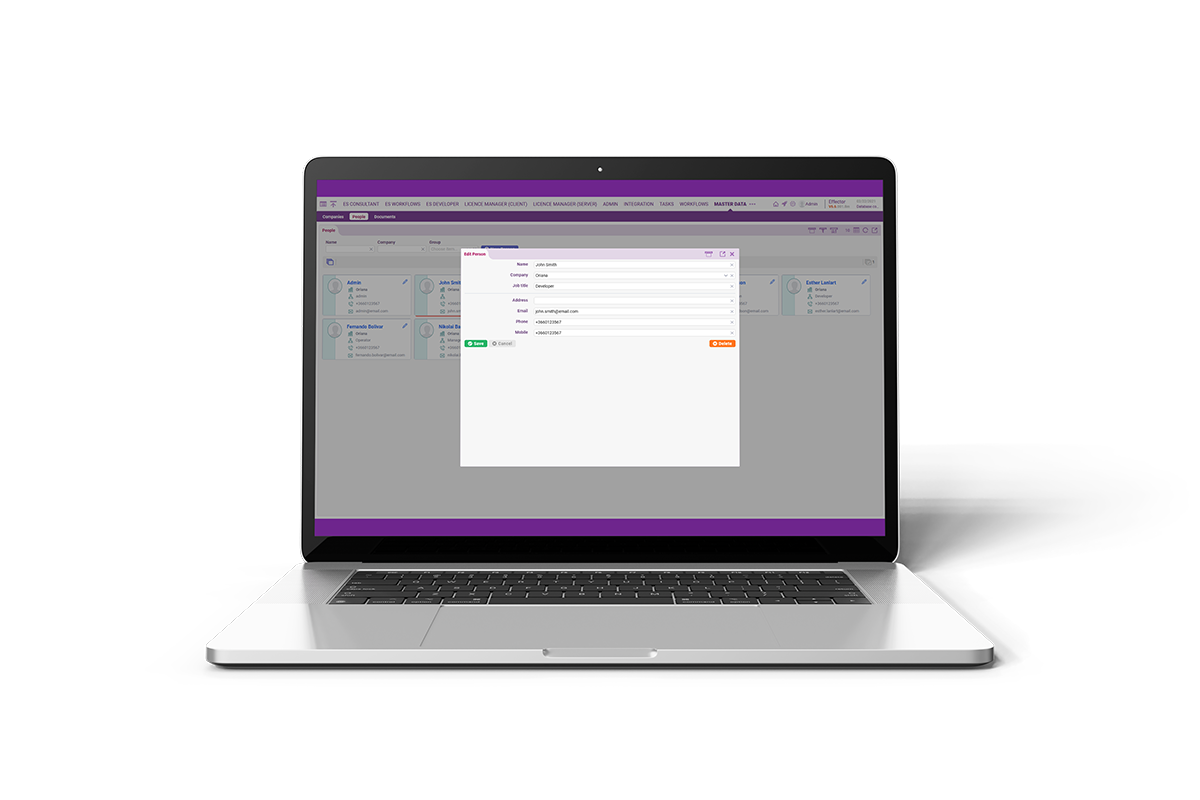
- #Baseelements filtervalues for free
- #Baseelements filtervalues for mac os
- #Baseelements filtervalues mac os
- #Baseelements filtervalues 64 Bit
- #Baseelements filtervalues 32 bit
Our core technology competencies are FileMaker Pro, FileMaker Go, and MySQL for database frameworks, along with FileMaker WebDirect, WordPress, MySQL, PHP, CodeIgniter, PostgreSQL, Joomla, Drupal, Magento, CSS, HTML5, and Javascript for web sites and web applications. eXcelisys specializes in designing, developing, customizing, supporting, consulting, migrating, upgrading, fixing, and integrating of database solutions for Desktop, Mobile, and Web applications. If you would like help or assistance, please consider retaining eXcelisys’ FileMaker Pro consulting & development services.Ībout eXcelisys, Inc.: Founded in 2001, eXcelisys ( an FBA Platinum Partner and FileMaker Certified developer organization.
#Baseelements filtervalues for free
* *This article is provided for free and as-is, use, enjoy, learn, and experiment at your own risk – but have fun! eXcelisys does not offer any free support or free assistance with any of the contents of this blog post. If you know of an easier way to add an audit log to a FileMaker solution, we’d love to hear about it.Įnjoy using this revised version of the FileMaker Pro audit trail technique! The _audit field in this technique is also no longer dependent on a modification timestamp field in each table. If you’re concerned about this dilemma, why not simply capture the history to a background table through a scripted process before deleting the record? A variety of solutions have been proposed to address this situation. So what happens to the history when you delete the record? The history gets deleted along with it. Of course, this type of audit log stores the history on the same record as the current values. If a future version of FileMaker Pro provides us with this useful detail, performance will improve automatically without modifying these custom functions. Instead, we’re forced to evaluate every field on the record and compare the current field contents to the latest corresponding value in the audit history. The Get(ModifiedFields) function, unfortunately, doesn’t report the field modified with a Replace. However, when using the Replace Field Contents command, the performance impact can quickly become apparent with even relatively small found sets. The impact may not be noticed when editing a single record.

Performance is always a concern when it comes to background processing and we’ve done what we could to minimize the overhead. Besides the direct effects of the simplification and reduced effort to implement, we also gained support for auditing changes in portal rows without scripting.

The first of these goals provides two benefits.

Nearly four years have passed since our last Easy-Bake FileMaker Pro Audit Trail made its Internet debut.

#Baseelements filtervalues 64 Bit
All future releases of the BaseElements plugin will be 64 bit only.
#Baseelements filtervalues 32 bit
The last version for Windows 32 bit ( Pro and Server ) is 3.3.8. Versions 4.1.2 and later are notarized as well as code signed, and should run without any alerts.
#Baseelements filtervalues mac os
Mac OS 10.15 and later versions require applications ( including FileMaker Pro and any plugins you're using ) to be both code signed, and notarized to run without any alerts or issues.
#Baseelements filtervalues for mac os
Notarized Plugins for Mac OS 10.15 Catalina and later So it will load in FileMaker Server and won't show a dialog in FileMaker Pro. The downloadable versions of 3.3.8 above, and any 4.x release from 4.0.5 or later will be code signed. If you're running Centos still and require the plugin, we recommend version 4.1.4 :Ĭode Signed Plugins for FileMaker 18 ( Pro and Server ) and later As of 4.2.0, centos support was removed, and replaced with support for Ubuntu. Version 4.0 through to 4.1.4 was available as a linux build, for FMS running on Centos ONLY. IOS Plugin ( requires an SDK app, not FileMaker Go ) Linux Version for FMS 19 Ubuntu and later Full versions of the latest final release can always be found at the following links :


 0 kommentar(er)
0 kommentar(er)
